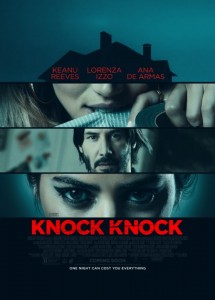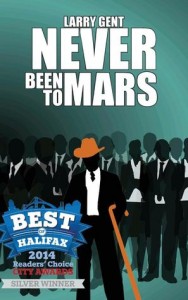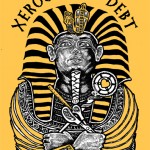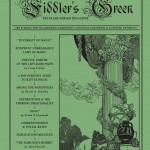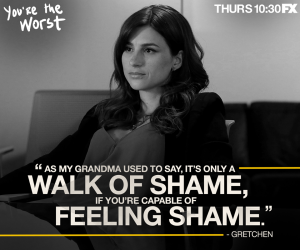In Praise of Spoilers

And Also with You
So, over the weekend I did my patriotic duty and went to see Star Wars: The Force Awakens. Mainly this was due to my old friend Ken, who bought The Duchess and I tickets while he was buying literally dozens of tickets because that’s what Ken does; he went to see the movie like four times and invited different people along depending on their known levels of fandom and insanity. He knows by now that I will never ever in life stand in line for anything or watch a movie at midnight, so he didn’t bother offering us the first showing. We got a slot at noon on Saturday, so I could sleep in and burn off my hangover, then amble over to a less crazy crowd.
Anyways, in preparation for the movie, I spoiled the shit out of it. That’s right: I went online and out of sheer curiosity I read every plot synopsis and every spoiled twist, and by the time the lights went down in the theater I basically knew the entire story and every surprise. Shit, I even knew to listen for Daniel Craig’s voice.
Madness, you might think, but here’s the thing: Fuck spoilers. Spoilers are the worst thing the modern world has ever invented, and that list includes Full House and the Paleo Diet.
Bruce Willis Was Dead the Whole Time
Look, I’m a functioning member of society and I have no problem respecting other people’s wish to be unaware of the story before they see it or read it, so they can be genuinely surprised. That’s fine, I get it. I use SPOILER tags and such, and I will warn people when I am about to spoil the utter shit out of something. I even use SPOILER tags when revealing plot twists that date back decades, because, as I said, I live in this world and people are allowed to make polite requests of each other. So, I’ll stipulate: There is nothing wrong with the convention of holding back spoilers so people can enjoy an entertainment in the way they prefer.
Here’s the thing: If the story can’t survive spoilers–if it’s somehow ruined because you know all the twists–then that story sucks anyway.
I’m not advocating that we should form Spoiler Gangs who run around spoiling everything for people. Live and let live. Consume your entertainments in whatever way you wish, and go with Gozer. But let’s dial back the insanity: The Spoiler Convention is a polite agreement between reasonable people, not a moral requirement or fundamental law of the universe. And if a story is ruined for you because you knew the twists, then that story will be forgotten not long from now, because if it relies entirely on the twist then that story sucks.
Spoil Me
Which is why I aggressively spoil things for myself. I realize this is my personal preference; I’m not trying to force y’all to do the same, and as I said I don’t go around spoiling things for others. But I like knowing the secrets before I get there, so I can judge more objectively whether the story is any good. Instead of sitting there with my mind blown, I can pay attention and see how all the seams come together. For me, personally, it doesn’t lessen my enjoyment of the story, it increases it, because I can often see how the writer(s) are laying the groundwork, and admire how they’re actually foreshadowing their twists or baking them into the foundation of the plot.
You might disagree, and that’s fine. Reasonable people can disagree about things like Star Wars spoilers and still live in peace. Just remember, if you make me angry, I can and will spoiler everything from The Sixth Sense to Mr. Robot in a scorched-Earth attack. And while we’re discussing Star Wars, can someone explain to me how you can extinguish a sun and still have people living on the planet orbiting it?






